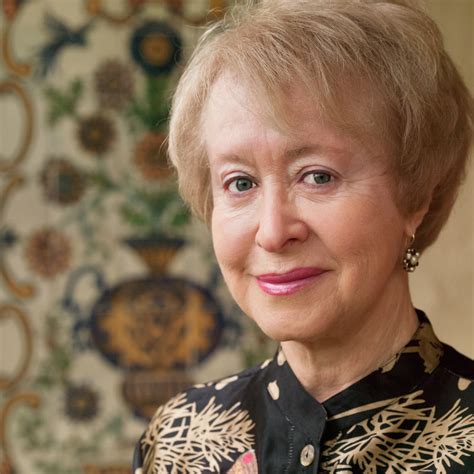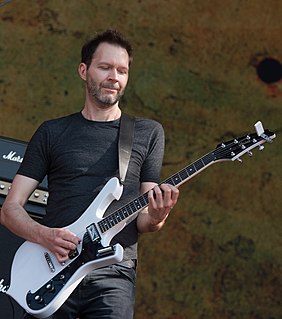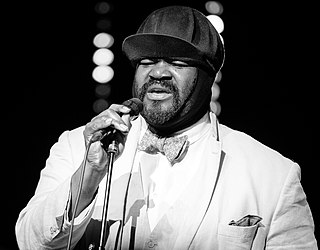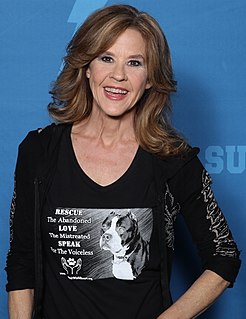A Quote by Georg Buchner
How many women does one need to sing the scale of love all the way up and down?
Related Quotes
It's so easy to practice out of context. For example, if you're learning a scale, you take that scale and you sit in your room and you go up and down the fretboard, over and over. You've gotta do that, because you need to get that scale working. But you have to keep in mind that that's not the finished product. That's the starting point.
If family and society tell you its unfeminine, not really womanly, to be aggressive, to speak up, to have strong opinions, to take up space, then women won't trust their own voice, because to be heard and to be influential, you've got to have a way to sing out with passion and love and self-trust - to sing out your song for everyone to hear.
If editors truly want to improve their byline ratio, they need to stop lamenting the fact that few women journalists send them cold pitches and start taking a hard look at their stable of regular contributors. How many women are on the masthead? How many women columnists or bloggers are on the payroll? This is how real change is going to happen.
Lately I've been thinking about who I want to love, and how I want to love, and why I want to love the way I want to love, and what I need to learn to love that way, and how I need to become to become the kind of love I want to be. And when I break it all down, when I whittle it into a single breath, it essentially comes out like this: before I die, I want to be somebody's favorite hiding place, the place they can put everything they need to survive, every secret, every solitude, every nervous prayer, and be absolutely certain I will keep it safe. I will keep it safe.
As I walked out one evening, Walking down Bristol Street, The crowds upon the pavement Were fields of harvest wheat. And down by the brimming river I heard a lover sing Under an arch of the railway: 'Love has no ending. 'I'll love you, dear, I'll love you Till China and Africa meet, And the river jumps over the mountain And the salmon sing in the street, 'I'll love you till the ocean Is folded and hung up to dry And the seven stars go squawking Like geese about the sky.
The big message is that we need to reimagine and re-engineer how we work - what does work mean and how do we measure what's good? The second thing we need to reimagine is our relationships - who does what and why? One of the biggest things that has helped me and my husband is coming up with a common set of standards about what it takes to run our house, what is a fair way to divide tasks, and how are we going to keep each other accountable?





































